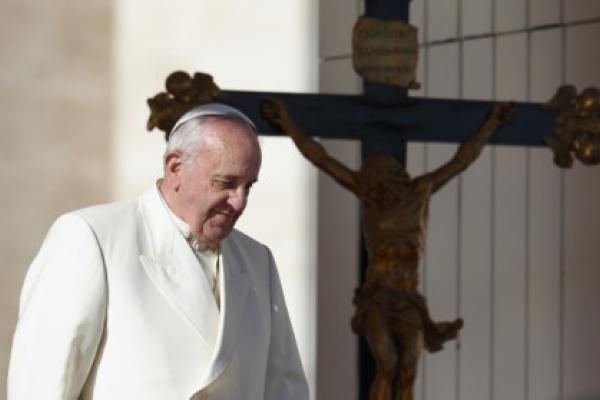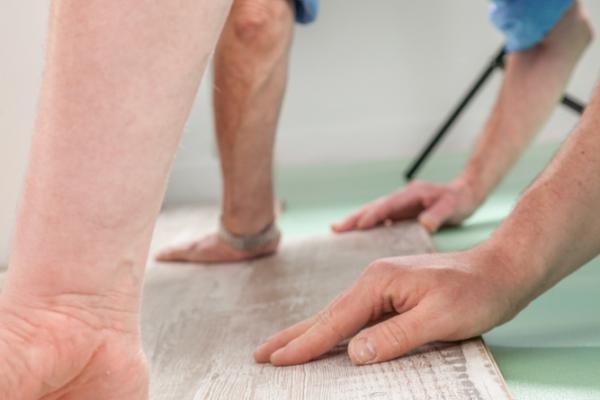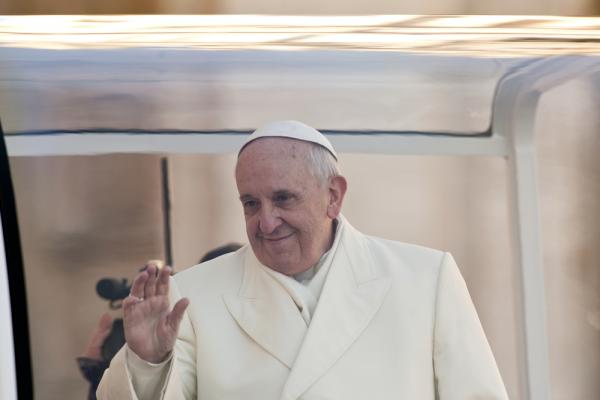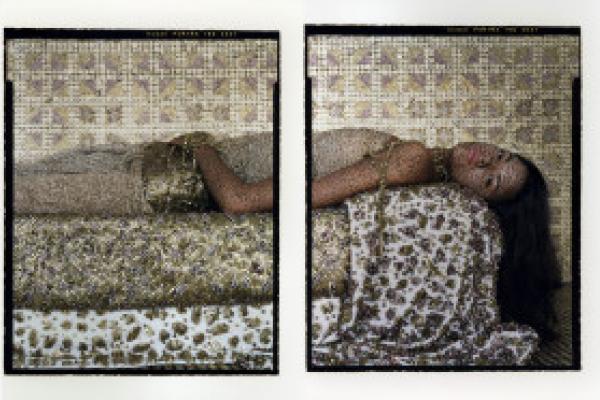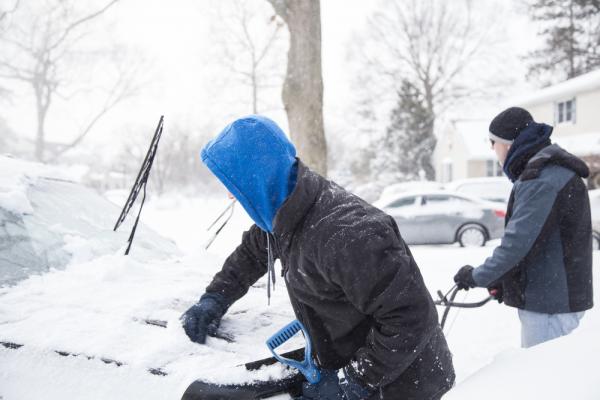No doubt about it, Pope Francis is generating the kind of Internet buzz and sky-high Q Scores that brand managers can only dream of. But is the pontiff becoming a victim of his own good press?
The Vatican once again had to dispel media reports that went well beyond what Francis actually said, as his spokesman formally denied that the pope had signaled an openness to same-sex unions in a recently published conversation with leaders of religious orders.
During the November discussion with leaders of the Jesuits, Franciscans and others, Francis said they needed to engage “complex” situations of modern life, such as the prevalence of broken homes and the growth in gay couples rearing children.
Abba Moses asked abba Sylvanus, “Can a person lay a new foundation every day?” The old man said, “If they work hard, they can lay a new foundation at every moment.”
What then of skill? Virtuosity?
(I’m thinking a lot about skill, virtuosity, and the problems it presents. What good is it?)
I often wonder what it would be like to take pride in something rather than simply being prideful. It’s a trick, to say the least, to sort out the difference. To recognize skill, to possess the intention to do something well for the sake of doing something well treads that line. I wonder about the virtue of being good at something — of recognizing one’s skill and then situating that skill in some way that serves not one’s own agenda, one’s own ego, but that benefits the common good.
How do we know our own place in the commons? Is this even possible?
It’s a new year, and Congress is back in session.
One of the top issues expected to be debated in 2014 is a hike to the federal minimum wage. 13 states have instituted wage increases. President Obama has supported raising the minimum wage throughout his presidency. Most recently, he shared his approval of new legislation proposed by Sen. Tom Harkin and George Miller (D-Calif.) that would raise the minimum wage to $10.10, up from it’s current $7.25.
Critics of the Harkin/Miller bill are quick to decry any wage increase. The usual arguments are trotted out to combat progressive pay for low-wage earners. Here are five commonly perpetuated myths about minimum wage. Hopefully, their exploration will shed a more accurate light on this contested issue.
The other day I observed a Twitter exchange between Pope Francis and Miroslav Volf.
Pope Francis (@Pontifex) Tweeted:
“God does not reveal himself in strength or power, but in the weakness and fragility of a newborn babe.”
To which Miroslav Volf (@MiroslavVolf) replied:
“@Pontifex How true! And yet the babe grew and taught with power and authority, and the crucified one was raised from the dead in glory.”
Since moving to the Navajo reservation more than a decade ago, I have done much thinking, studying, praying, and reflecting on the dynamics between power and authority. And God has given me a few insights over the years. So when I read these tweets I had an instant desire to jump in and be a part of the discussion.
I stood in line and waited until they called my number.
“Neeeext,” the woman behind the counter called!
The woman put out an energy that dared anyone to cross her, challenge her, even speak to her. She gave me a pile of papers to fill out “over there,” she waved her hands dismissively in the general direction of all the other losers sitting in rows of old school desks — the kind where the chair and the desk are attached. They were all fully engrossed in one task: filling out their unemployment insurance applications. I joined them.
Of course we weren’t losers, but it felt like we were. We were grown adults. We represented many races: white, black, Latino, and Asian. We represented a small fraction of the sea of people who were out of work at the height of the economic crisis. If you had come to us only weeks before we were school teachers and firemen, opera singers, Wall Street brokers, and justice advocates (like me). But now we were all numbers, experiencing the same humiliating moment together.
But, how much more humiliating it would have been to be thrown out of my apartment? How much more dehumanizing would it have been to become homeless or go without food?
An Iraqi woman dons a black hijab but bares her thighs. A Lebanese woman wearing a sheer blouse curls up on a bed, both innocent and seductive. An attractive young Iranian couple shares breakfast at a small table, seemingly oblivious to the tank looming just a few yards away.
There are no harems, belly dancers, or male oppressors in this photography show, nor any of the other Middle Eastern stereotypes that Westerners generally associate with that far away, often misunderstood, region.
“She Who Tells a Story,” a photo exhibit now showing at Boston’s Museum of Fine Arts and headed to other U.S. museums, features the work of 12 women from the Middle East who shatter stereotypes with works that are provocative, beautiful, mysterious, and surprising, all at the same time.
Last Thursday, as I carefully navigated my way home from work on the slippery streets of a few Chicago suburbs, I was listening to a talk radio program. The host reminded his listeners that he broadcasts from sunny Arizona, and then he said, “I know that many of you have had large amounts of snowfall. I recommend that you sit back and enjoy the beauty of the snow.”
At which point I yelled some expletives about what he could do with his recommendation and promptly changed the station.
It’s been a brutal winter. Indeed, we’ve already had “large amounts of snowfall.” Yesterday in Chiberea (that’s an amalgamation of Chicago and Siberia, for those keeping score), the high was negative 13 and today the high will be positive 3. Yay for staying positive, Chicago.
Staying positive about the weather is becoming more difficult. The snow, while pretty, will be here from late November to early March. It. Gets. OId. And schools have been canceled for two days in a row. Listen, I love my kids, but they’ve been stuck inside for the past five days. We are all experiencing cabin fever.
But there’s one thing about Chicago winters that I can appreciate. The relentless snow and the extreme cold provide an opportunity to build a sense of community. Neighbors suffer through this weather together. We check in on one another to make sure people are surviving and staying warm. And, of course, we create a sense of community by uniting against the weather. The snow and the cold become our common enemy. Or, as René Girard’s mimetic theory puts it, the weather has become our scapegoat.
